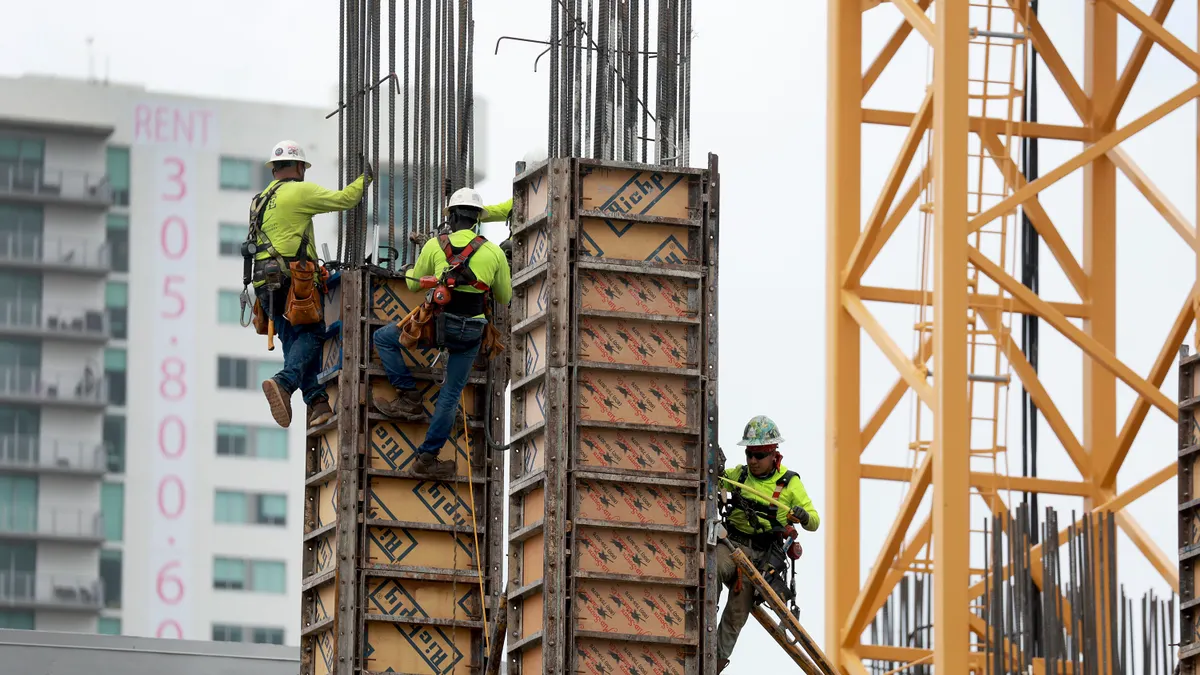
WASHINGTON, D.C. — The U.S. construction industry saw its overall backlog slip in August, underscoring widening challenges for small contractors while larger firms continue to secure more work.
.webp)
According to the Associated Builders and Contractors’ (ABC) Construction Backlog Indicator, backlog fell to 8.5 months in August, down from 8.8 months in July. The decline was driven entirely by firms with under $30 million in annual revenue, highlighting the mounting strain on smaller companies. In contrast, contractors with more than $100 million in yearly revenue reported the longest backlog levels in over two years.
“The dip in backlog observed in August is not surprising given ongoing declines in nonresidential construction spending,” said Anirban Basu, ABC chief economist. “While backlog in the heavy industry and infrastructure categories held up well, commercial and institutional backlog has not.”
The latest data points to a growing divide between larger players, who continue to benefit from public infrastructure spending, and smaller firms, who remain vulnerable to economic pressures.
Basu attributed the weakness in private-sector projects to a combination of “rising material costs, policy uncertainty and reemerging labor shortages,” adding that the softness in this category will likely persist through the next several quarters.
Contractors are also contending with the effects of trade policy and workforce availability. Roughly one in four contractors reported project delays or cancellations tied to tariffs, according to ABC’s survey.
“While that is relatively stable from July, a similar share reported project delays or cancellations due to lack of funding and labor force issues,” Basu said.
While overall contractor confidence around sales held steady in August, the outlook was mixed:

“While contractor confidence was stable for the month, it will be interesting to see how long this optimism persists if the myriad headwinds facing the industry remain in place,” Basu added.
The construction industry remains caught between strong public-sector demand and weaker private-sector activity. Federal infrastructure dollars are helping large firms build pipelines, but smaller companies dependent on commercial work are struggling with higher borrowing costs, supply chain issues, and volatile material prices.
With inflationary pressures, tariffs, and labor shortages still weighing heavily on contractors, industry analysts caution that backlogs for small firms could shrink further unless conditions stabilize.
For now, the industry’s resilience appears to rest on infrastructure investment, while the private market faces mounting headwinds that risk deepening the divide between large and small construction firms.
Originally reported by Sebastian Obando in Construction Dive.